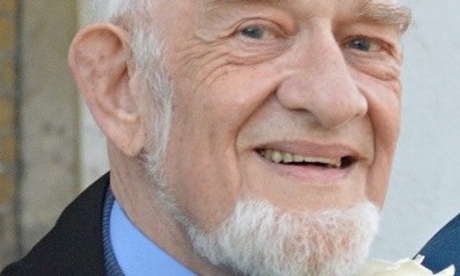
My colleague Harry Lesser, who has died aged 72, was a lecturer in philosophy at the University of Manchester for more than 40 years.
He had broad interests, but he particularly engaged with the history of philosophy, and political and moral philosophy, especially Jewish ethics. He edited five books, and wrote a large number of articles, book chapters and encyclopedia entries, the range of which demonstrated his vast general knowledge.
His impact was felt most as a teacher, at the University of Chicago, then at Aberdeen, and from 1970 at Manchester, where he successfully supervised more than 50 graduate theses. Generations of students experienced his generosity of spirit and seemingly limitless patience; if a student had a problem, Harry was the first person to whom he or she would turn. A former colleague called him “the most beloved and inspirational teacher in the place, the very soul of the department in most students’ memories”.
Harry organised the university’s annual philosophy weekend in the Lake District, during which a highlight would be his evening reading of either a ghost story (he loved MR James) or some form of Jewish humour, his favourite being Leonard Q Ross’s stories of Hyman Kaplan. Where Harry was, laughter was never far away; his endless repertoire of anecdotes and jokes would enliven any social gathering.
In addition to his work at the university, he took his philosophy outside the classroom. He engaged in public debates on topical issues using the highly structured method once commonly used in medieval universities. He was noted for his uncanny ability to make any thesis, no matter how outrageous, sound utterly plausible. This was the fun of debating for him. In fact, he held strong moral and political views, though he was always tactful in voicing them.
The son of Harry Lesser, a civil servant, and Gladys (nee Schapiro), who was a personal assistant to the writer, diplomat and secret agent R H Bruce Lockhart, Harry was born in Kensington, London, and brought up in Surrey and Sussex. He attended Charterhouse, the public school in Godalming, Surrey, from where he gained a place at Balliol College, Oxford, to study classics.
He followed that with a BPhil, awarded in 1967 and even managed to find time to act with the Balliol Players.
In 1970 he met Margaret Shenfield, a book translator and, later, lecturer in modern languages at UMIST. They married in 1973 and had one son, Marcus.
Harry is survived by Margaret and Marcus.

